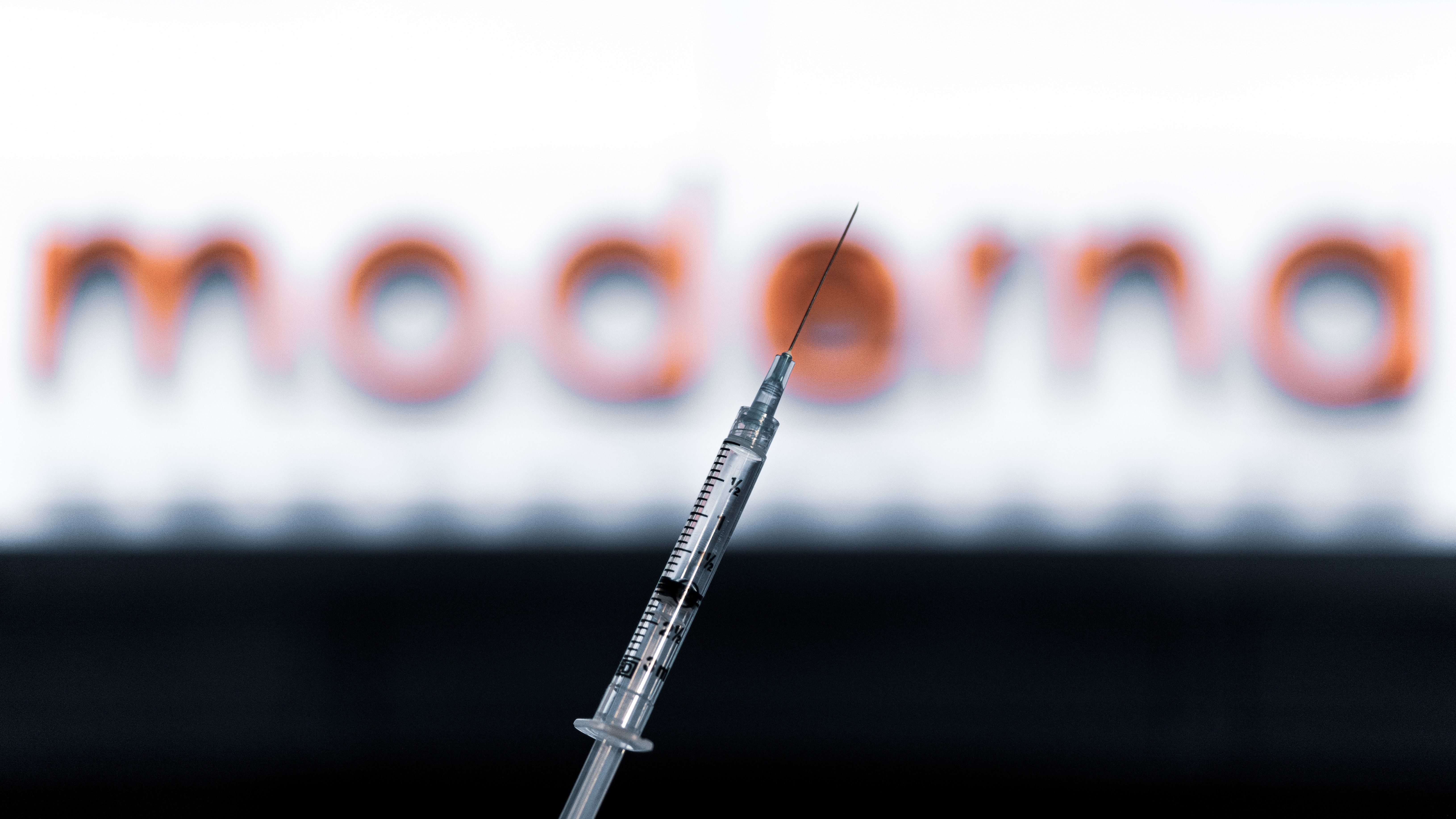News
November 16, 2020
95: US drug company Moderna announced Monday that its COVID-19 vaccine is 95 percent effective at protecting against the disease. The news follows Pfizer's recent announcement that its own vaccine showed a 90 percent success rate. Cause for optimism to be sure, but the data are still preliminary and the logistics of distributing any successful vaccine remain daunting.
15: After almost a decade of negotiations, 15 countries in the Asia Pacific — including China — signed one of the world's largest free trade agreements, the Regional Comprehensive Economic Partnership (RCEP). Experts say that the pact, which covers 2.2 billion people, could help solidify China's role as the world's dominant economic power after the Trump administration pulled out of the rival Trans-Pacific Partnership in 2017.
2: Did Israel assassinate Al Qaeda's number two leader on the streets of Tehran? A New York Times exposé says Israeli agents on motorbikes, acting on US orders, ambushed Abu Muhammad al-Masri and his daughter in the Iranian capital this summer, killing them both. Iran's foreign ministry said the report amounted to a "Hollywood" story fabricated by the "Americans and Zionists."
63: While the World Health Organization (WHO) has been widely criticized for its handling of the coronavirus pandemic, a median of 63 percent of adults from 14 countries still believe the WHO has done a "good job" dealing with the COVID crisis. While respondents from the US and UK gave the WHO the lowest rating amongst polled countries, Danes and Australians were the most upbeat.
More For You
- YouTube
On Ask Ian, Ian Bremmer breaks down the steady escalation of US pressure on Venezuela and why direct military action is now a real possibility.
Most Popular
Global conflict was at a record high in 2025, will 2026 be more peaceful? Ian Bremmer talks with CNN’s Clarissa Ward and Comfort Ero of the International Crisis Group on the GZERO World Podcast.
- YouTube
On Ian Explains, Ian Bremmer takes a look at the growing surge in global conflict and the ripple effects of so much violence, war, and armed struggle throughout the world.
Immigration and Customs Enforcement (ICE) agents check the identity documents of a group of agricultural workers at a grocery store parking lot during an immigration raid in Mecca, California, U.S. December 19, 2025.
REUTERS/Daniel Cole
A year into US President Donald Trump’s second term, America’s immigration policy has undergone one of its most sweeping resets in decades.
© 2025 GZERO Media. All Rights Reserved | A Eurasia Group media company.
